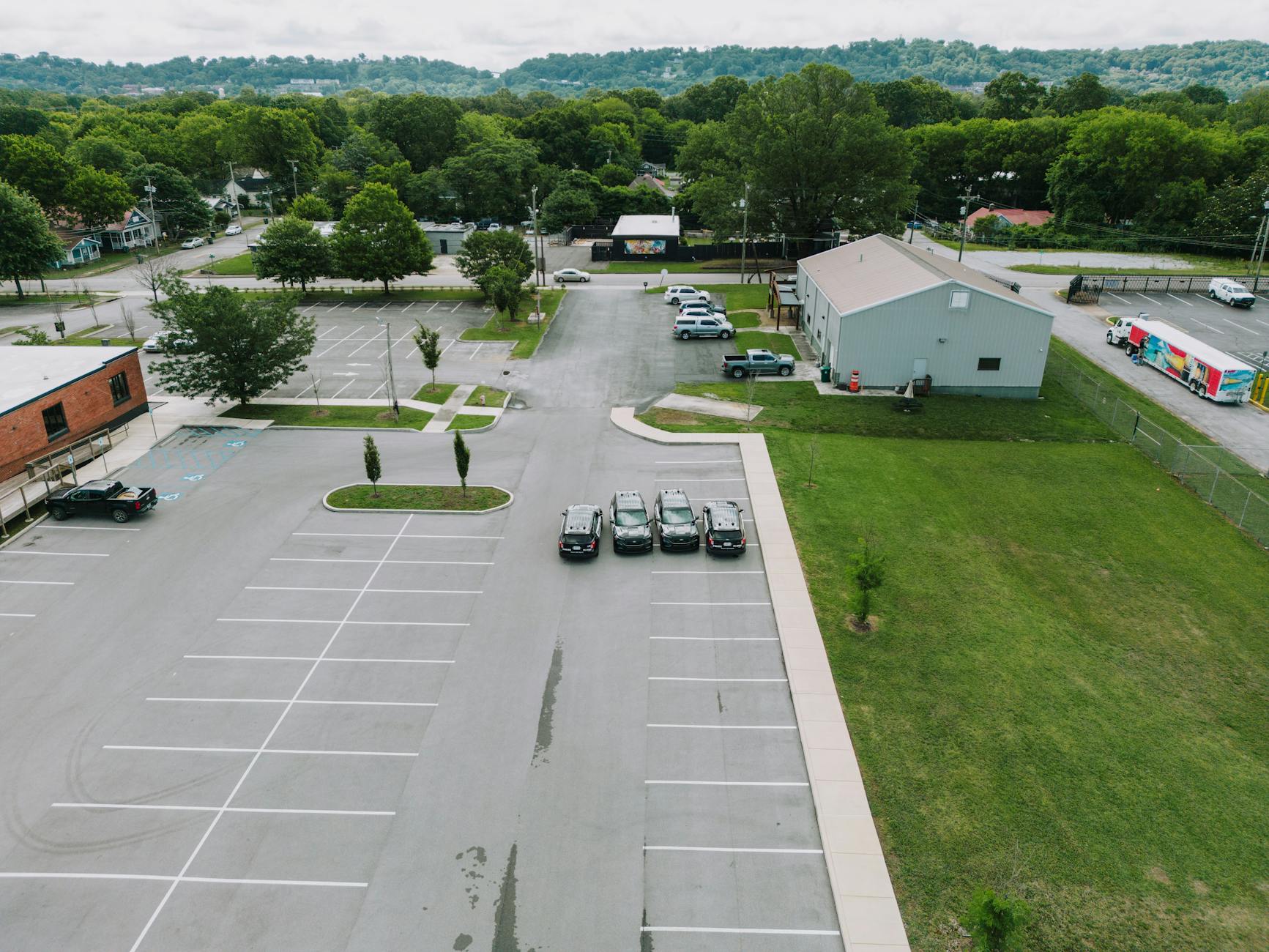How to Integrate Seamless Police Check Solutions in Australia for HR Automation

Understanding Police Check Requirements
Navigating police check requirements can be a complex task, especially when integrating it into HR processes. For professionals balancing innovation and compliance, understanding these checks across Australia is vital. While there's a national protocol, state regulations, like a police check victoria, may exhibit unique demands compared to other regions. Recognising these distinctions ensures your systems remain adaptable and compliant.
National vs. State Regulations
Australia's police checks fall under a mix of national and state-specific regulations. Nationally, consistent standards apply, making it easier to adopt a baseline for compliance. However, it's crucial not to overlook state-specific mandates, which can vary significantly. For instance, in police check sa, specific elements might differ from Queensland or New South Wales, demanding tailored integration solutions. Ensuring your HR systems can seamlessly adapt to these differences is key.
Compliance in Different States
Given the diverse nature of state regulations, achieving compliance requires a dynamic approach. Strategically integrating comprehensive solutions can facilitate compliance across multiple regions. Collaboration with technology startups in areas like Lot Fourteen provides insights into cutting-edge integrations suitable for varied regulatory landscapes. Hands-on involvement with innovation hubs along North Terrace also offers exposure to real-world applications, augmenting your approach to regional compliance.
Frequent Updates and Changes
Frequent legislative changes demand systems that can quickly adapt. Establishing partnerships with local tech events, such as those at the Adelaide Convention Centre, fosters an environment of continuous learning and application. Such forums offer valuable insights into emerging trends and regulatory updates, empowering you to pre-emptively adjust your systems. By embracing these strategies, your HR processes can handle the evolving spectrum of compliance requirements with finesse.
Evaluating HR Automation Needs
Identifying Pain Points
When HR departments in tech companies, especially those in vibrant hubs like the innovation centres on North Terrace, evaluate their processes for automation, pinpointing pain points is essential. A key issue often faced is the manual, time-consuming task of conducting a comprehensive police clearance for potential hires. This not only slows down the onboarding process but can also pose a risk if not handled with due diligence. Furthermore, ensuring these checks align with varying state compliance regulations adds another layer of complexity, particularly for teams that manage remote contractors across different regions in Australia.
Key Features for Integration
To enhance the efficiency and accuracy of police checks, integrating advanced features into existing HR systems is crucial. First and foremost, the system should facilitate automated criminal background check processes that streamline reporting and eliminate manual errors. Additionally, real-time status updates and compliance alert features are indispensable, allowing HR teams to adapt promptly to any regulatory changes. Innovations seen in seamless integrations at tech gatherings such as those at the Adelaide Convention Centre demonstrate how cutting-edge solutions can bridge these gaps.
Enhancing Efficiency and Security
The future of HR automation lies in balancing efficiency with stringent security measures. Automated solutions must provide robust encryption and data protection protocols to safeguard personal information. Implementing such systems ensures that while the speed and efficiency of operational processes are increased, the integrity and confidentiality of sensitive data remain uncompromised. Lessons from successful implementations in renowned tech startups at Lot Fourteen highlight how integrating the right tech tools not only optimises workflow but also fortifies security frameworks crucial for modern businesses.
Implementing Seamless Solutions
When it comes to implementing seamless solutions for police checks in Australia, a strategic approach is key. The focus must be on compatible software options that consider compliance and integration with existing systems, particularly for teams like those at Lot Fourteen who are at the forefront of technological innovation. Solutions should address the distinctions between a police check act and those required in WA, such as police clearance wa, ensuring that state-specific requirements are met without complicating the onboarding process.
Compatible Software Options
Selecting the right software is crucial for streamlined integration. Look for platforms that offer:
- Cross-compatibility for diverse HR and project management systems
- Automated updates for compliance with regulations in different states
- Easy installation and minimal disruption to current workflows
Integration with Existing Systems
Seamless integration means the new system should blend with your existing infrastructure. To achieve this, consider:
- Application Programming Interfaces (APIs) that facilitate the integration
- Tools that offer plug-and-play capabilities, reducing setup time
- Unified dashboards that enhance the user experience
Ensuring User-Friendly Interfaces
User-friendly interfaces are not just about simplicity, but about intuitiveness and adaptability. This includes:
- Interactive designs that guide users through processes effortlessly
- Training modules that provide step-by-step assistance for employees
- Customizable features that cater to organizational needs
By paying attention to these details, professionals can facilitate easier adaptations within their teams, empowering them to stay compliant while leveraging cutting-edge technology available at locations like the Adelaide Convention Centre.
Addressing Security Concerns
Data Storage Best Practices
Understanding the nuances of digital data storage is crucial for any tech-savvy professional, especially when dealing with sensitive data like a police clearance sa. Organisations need a robust data storage strategy that ensures information is not only securely stored but also easily accessible for authorised personnel. Centralised databases with encrypted backups can offer both security and efficiency. Encryption acts as a safeguard against potential breaches by making stolen information undecipherable without the correct decryption key. Additionally, establishing a regular backup routine will ensure that data remains intact and retrievable through various unforeseen events.
Preventing Data Breaches
Preventing data breaches begins with creating a solid security framework, including firewalls, intrusion detection systems, and routine security audits. For someone in a role like Liam's, a focus on integrating automated alerts can be beneficial. These alerts notify the IT team of any unusual access to sensitive data, allowing for quick response and mitigation. Furthermore, regular penetration testing through ethical hacking simulations provides vital insights into potential vulnerabilities, enabling proactive remediation and reinforcing your organisation's security.
Aligning with Privacy Laws
Keeping abreast of privacy laws and aligning your systems accordingly is non-negotiable. Whether conducting a police check tasmania or handling personal information, organisations must comply with all relevant data protection regulations. Adopting a policy of transparency and ensuring that data handling practices are communicated to employees and stakeholders fosters trust. This conscientious approach to data privacy is particularly relevant in a landscape where trust is paramount, akin to the collaborative atmosphere found in tech events at the Adelaide Convention Centre.
Common Mistakes to Avoid
Overlooking State-Specific Rules
Navigating police check requirements is akin to orchestrating a complex symphony, especially when you consider Australia's interplay between national and state regulations. Many organisations might underestimate the critical variations in compliance demands from one state to another. For instance, a strategy that aligns seamlessly with New South Wales requirements may stumble when rolled out in South Australia. It's essential to regularly consult state-specific legal updates, leveraging specialist software solutions like those developed by innovative tech startups at Lot Fourteen. These local solutions can provide real-time updates that help your team conform to region-specific mandates efficiently.
Ignoring User Training Needs
Another frequent oversight is brushing past the necessity for comprehensive user training. Successfully integrating HR automation tools hinges not just on the technology itself but on the proficiency of its users. If staff aren’t equipped with tailored training, even the most advanced systems can fall flat. Consider creating a training program that mirrors the agile learning frameworks often highlighted at Adelaide's tech events. This could include workshops or bite-sized courses that resonate with different learning styles, ensuring your national police clearance tools are used to their fullest potential.
Failing to Monitor System Performance
Finally, neglecting continuous monitoring of system performance can lead to inefficiencies at pivotal moments. Performance hiccups in software designed to streamline processes can undermine trust and erode the perceived value of these tools. Establishing a routine assessment protocol is vital. By implementing regular software audits, akin to those used by seasoned developers in North Terrace's innovation hubs, you ensure your systems remain agile and responsive. This proactive approach empowers tech teams to anticipate and swiftly rectify bottlenecks, thereby maintaining optimal operational flow.


